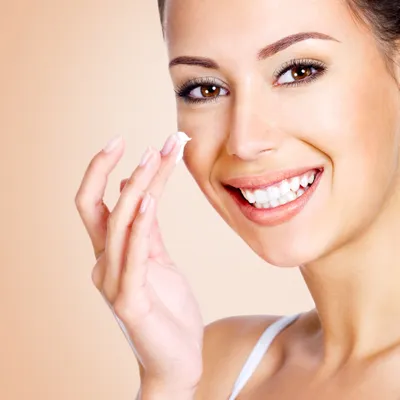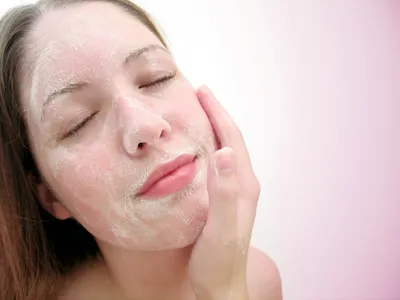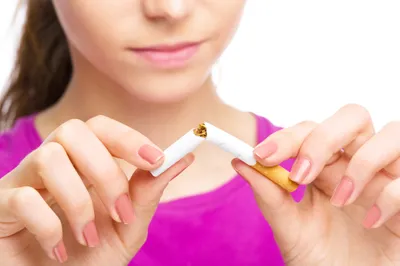Are you hoping to turn back the clock? Aside from seeking the fountain of eternal youth or undergoing risky plastic surgery, you do have much less painstaking options.
After all, the most important part of looking and feeling young (at heart) is all about your attitude, confidence, energy, and positivity. Here are 10 ways to help you look and feel younger—without surgery…
1. Drink Lots of Water
Among the tap-load of benefits linked to drinking 8 to 10 glasses of water per day, younger skin is one of the most beautiful! And plenty of medical studies back up this claim, suggesting that drinking water flushes the body of toxins and bacteria, preventing dull, blemished, dry, flaky, and wrinkled skin.
2. Exercise Regularly
Regular physical activity is also a plus when it comes to a glowing visage. Exercise encourages better blood circulation, which in turn sends more oxygen and nutrient-rich blood to the surface of your skin, translating in a radiant glow. Exercise also increases collagen and HGH (Human Growth Hormone) production to slow the affects of aging.
3. Get A Good Night’s Sleep
There is truth to the term “beauty sleep.” When you make it a point to get 8 hours of sleep each night you’re not only ensuring you’ll wake energized and focused; you’re also banishing the visual affects of inadequate sleep—including dark circles, puffy eyes, sallow skin, and a dull complexion.
4. Get Busy
Getting intimate with your mate a few times each week not only keeps your relationship healthy—it can take years off your life. But don’t take my word for it, trust the experts, like Dr. David Weeks, the former Dean of Age Psychology at the Royal Edinburgh Hospital. He attributes getting busy with increased production of HGH hormones, which rebuild collagen and elastin and make you appear younger.
5. Moisturize Morning & Night
Sure you can drink water, but an additional way to infuse your skin with moisture is to apply a daily moisturizer—in the morning and before bedtime. Make washing, toning, and moisturizing your face a part of your daily regime for smoother-looking, glowing skin. And if you’re in your 30s, choose a product containing anti-wrinkle ingredients—like collagen, antioxidants, retinoids, and vitamin E.
6. Exfoliate Once a Week
The process of using an exfoliating scrub on your skin removes traces of dull, old, damaged, and dry skin cells. Exfoliating also wipes away oils to reduce blemishes and improve collagen production. So you’re left with a fresh layer of new skin that soaks up your moisturizer more effectively.
7. Whiten Your Teeth
You might be focusing a little too much on your skin. However yellow stained teeth will also age you well beyond your years. Banish the visible signs of aging when you smile by using a whitening toothpaste or a gentle mixture of baking soda and water on your toothbrush. You can also undergo a professional teeth-whitening procedure at your dentist’s office.
8. Eat More Antioxidant-Rich Foods
Foods high in antioxidants are good for your body—starting from the inside and emanating all the way out to the surface of your skin. So if you want to slow down the aging process and repair damaged skin, try incorporating more antioxidant-rich foods in your diet, such as tomatoes, berries, broccoli, garlic, and green tea.
9. Always Apply Sunblock
Your mom made sure you were smeared before going to the beach. Well, it turns out mom was right; too much sun will inevitably cause wrinkles. Applying a broad-spectrum sunblock that protects your skin from harmful UVA and UVB rays will protect you from cancer and allow you to lie about your age.
10. Stop Smoking
Smokers know that puffing nicotine ages them. However, they might not realize why. The toxins in nicotine cigarettes restrict blood vessels, which decreases blood and oxygen flow to your skin, resulting in skin damage and decreased elasticity.













